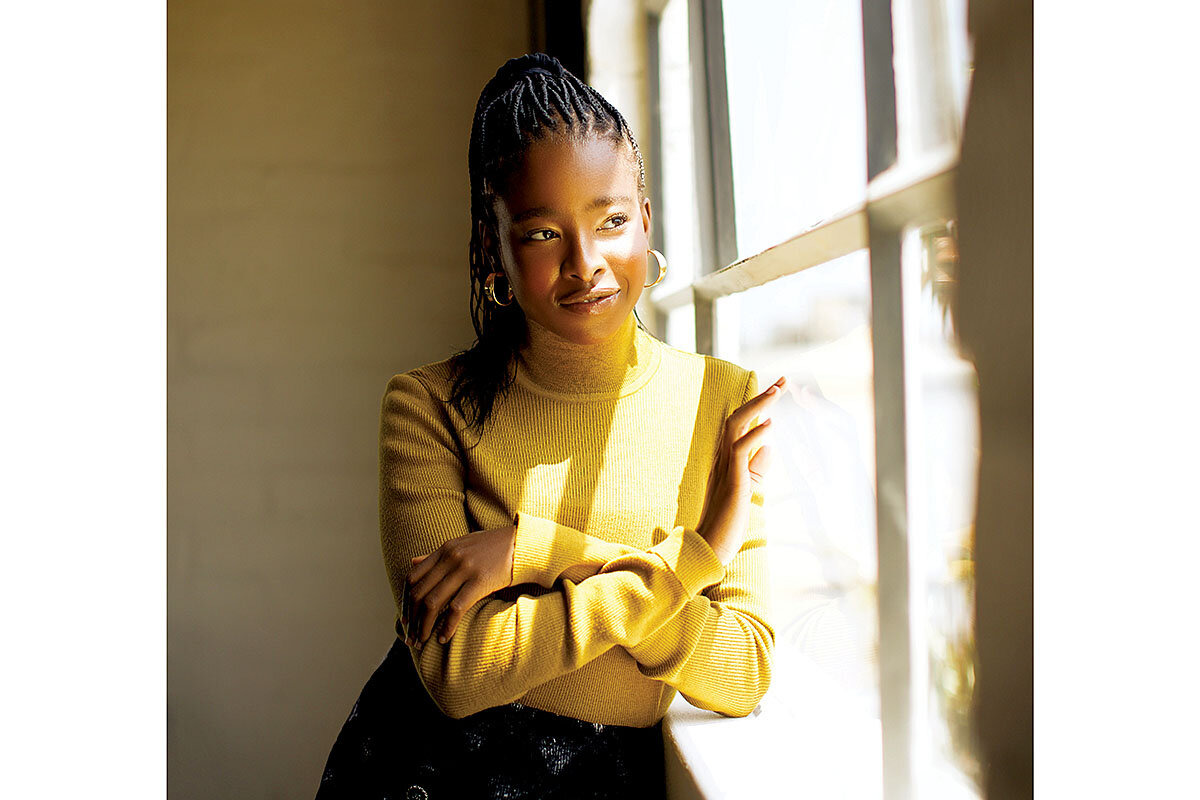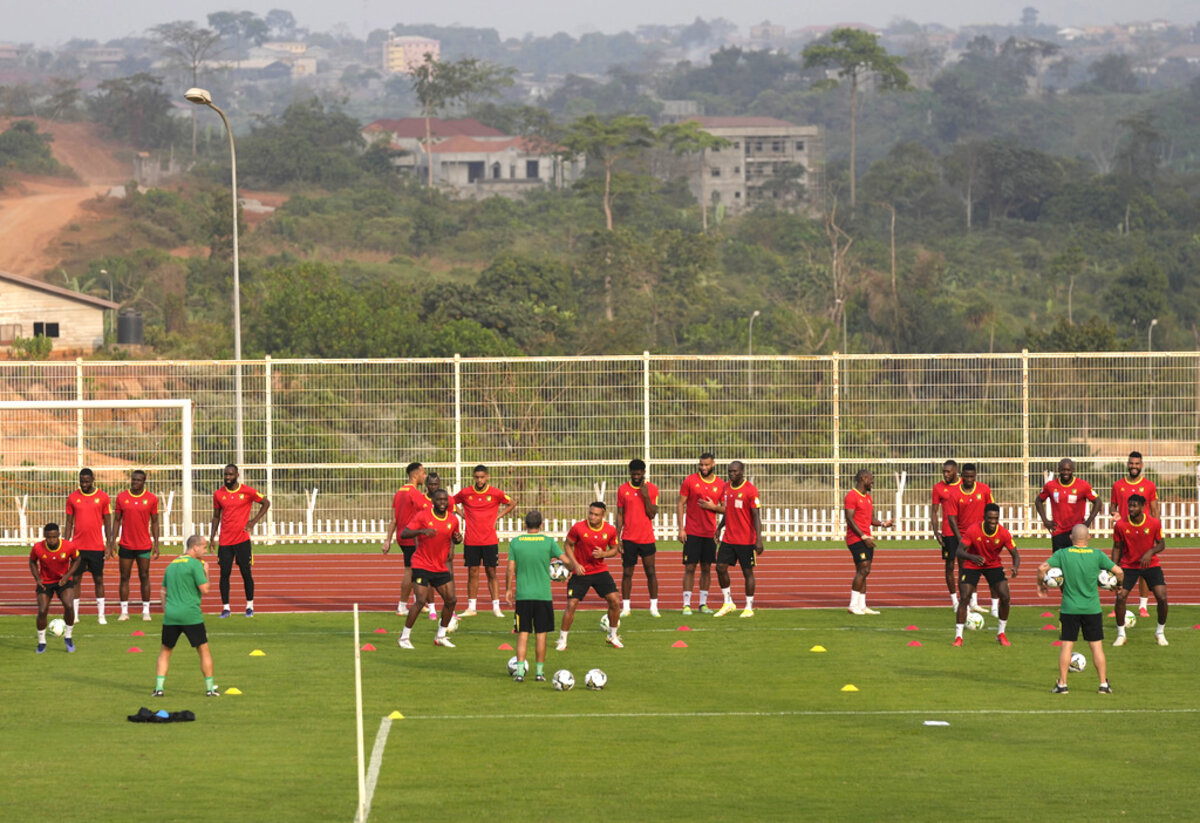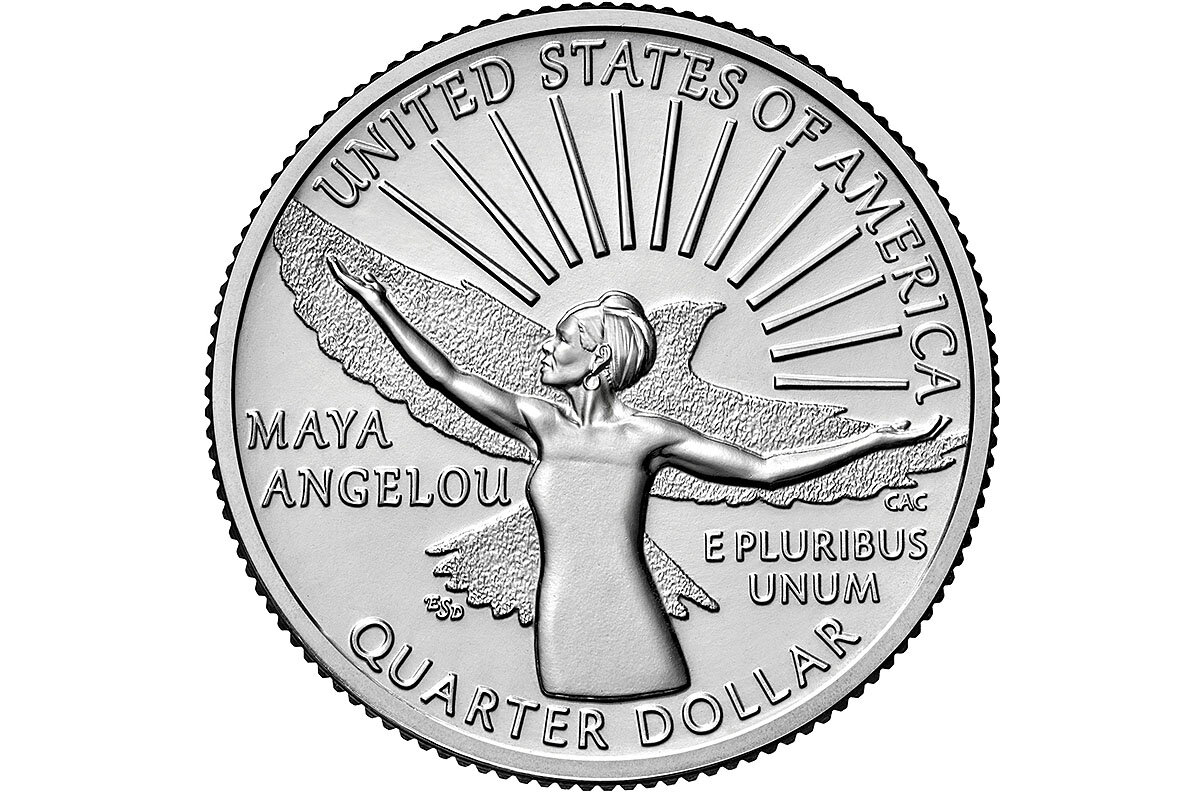Our reporter looks at the mental climate spawned by the pandemic, political repression, and economic hardships in Iran, as well as the trust gap between the country’s leadership and its people.
Monitor Daily Podcast
- Follow us:
- Apple Podcasts
- Spotify
- RSS Feed
- Download
 David Clark Scott
David Clark Scott
To be an Olympic athlete requires not just skill and talent, but years of practice, perseverance, mental toughness, and sacrifice.
All that is what makes U.S. speedskater Brittany Bowe’s generosity – selflessly giving up her Olympic spot – so noteworthy.
Last Friday, Ms. Bowe qualified for one of two spots in the 500-meter race on the U.S. Olympic speedskating team. Fellow competitor Erin Jackson slipped and finished third. Four years ago, Ms. Jackson was the first Black woman to qualify for the U.S. Olympic team in long-track speedskating. But this time, she came up short.
Yet on Sunday, Ms. Bowe, a two-time Olympian, gave away her spot in the 500-meter race to Ms. Jackson. Yes, Ms. Bowe had already qualified to be on the U.S. Olympic team in two other races. But after all the work of getting this far, it could not have been an easy decision to give up another shot at a medal in the Beijing Winter Olympics next month.
Ms. Bowe called Ms. Jackson, currently the world’s No. 1-ranked women’s 500-meter speedskater, to explain her decision. “This is bigger than just me. This is the Olympic Games. This is about Team USA, and it’s about giving everybody an opportunity to showcase what they have,” Ms. Bowe told reporters Sunday.
Last year, for the first time in 127 years, the Olympic motto was changed. “Faster, higher, stronger” is now “Faster, higher, stronger – together.”
Brittany Bowe just gave us an example of how that works.










